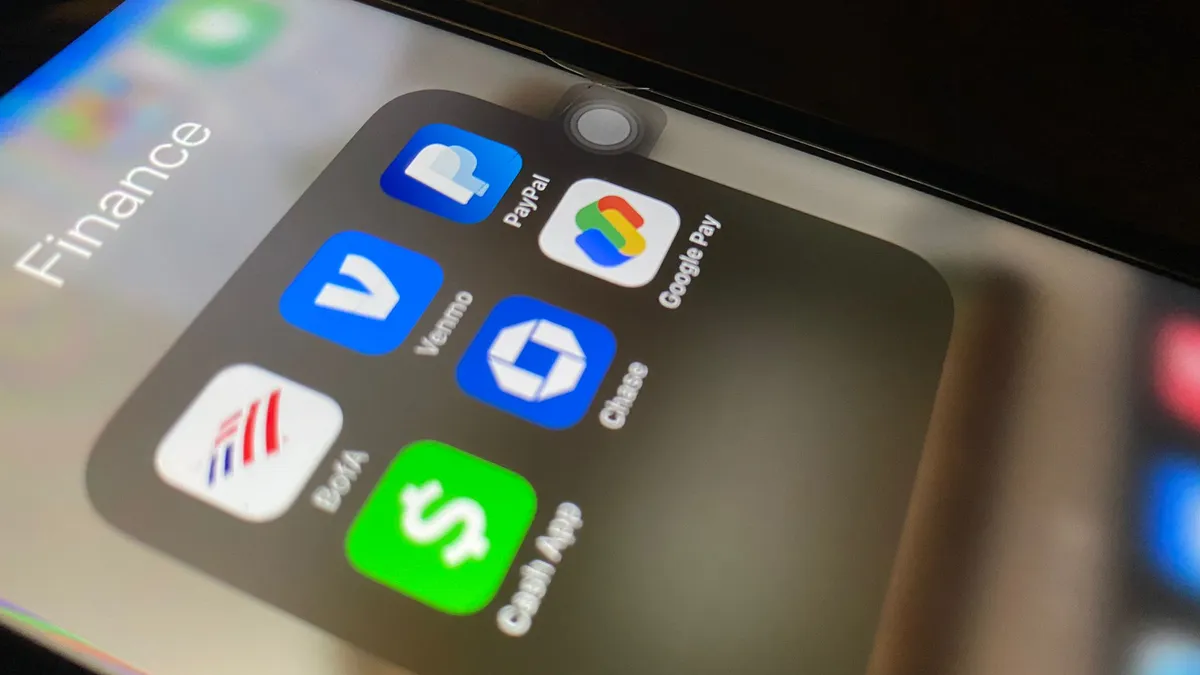Digital payments pioneer PayPal is being sued over alleged fraud risks on its peer-to-peer payment app Venmo.
The lawsuit, filed June 21 in U.S. District Court for the Northern District of California, follows on a similar lawsuit filed a month earlier against Bank of America over the peer-to-peer payments network Zelle.
In the suit against San Jose, California-based PayPal, the plaintiff alleges Venmo poses “huge, undisclosed security risks” for users, and complains that accountholders who are victims of fraud on the app aren’t reimbursed. Bloomberg Law reported on the case earlier.
A PayPal spokesperson said the company is “reviewing the complaint.”
Plaintiff Mohammad Al-Ramahi, a San Jose resident, lost $2,450 on the Venmo app in April 2020, per the court filing last week. When Al-Ramahi sought a refund of the fraudulent charges, PayPal “refused to cover the transactions,” the filing says. The plaintiff’s attorney couldn’t be reached for further comment Wednesday.
The filing notes Al-Ramahi “fell victim” to an employment-related scam in which he thought he was being reimbursed for job-related payments he made. The Bank of America lawsuit related to Zelle cites a plaintiff with the same name alleging a similar scheme.
Such scams are “rampant” on Venmo, because its money transfers are “instantaneous and unrecoverable,” the filing said. Venmo users sent $230 billion via the money transfer app in 2021, according to the lawsuit. Across all such P2P apps, nearly 18 million Americans fell prey to scams, the lawsuit said.
The lawsuit, which seeks class action status, also alleges that PayPal omitted mention of the risks in marketing campaigns to draw users to the peer-to-peer payment app.
“There is virtually no recourse for consumers to recoup losses due to fraud,” and, unlike other payment methods, Venmo doesn’t offer protection for accountholders who are victims of fraud, the lawsuit said.
“The unique, misrepresented, and undisclosed architecture of the Venmo payment system means that virtually any money transferred for any reason via Venmo is gone forever, without recourse, reimbursement, or protection,” the filing alleges.
The lawsuit also argued that PayPal has “a secret policy” to “not reimburse its accountholders for losses on Venmo due to fraud, even where those losses are timely reported by accountholders.”
The plaintiff says the digital payments giant breached its contract with users and its covenant of good faith and fair dealing. He also contends PayPal violated the Electronic Funds Transfer Act and California consumer protection laws.
Peer-to-peer payment apps that don’t clearly disclose fraud risks might be required to pay damages as a result of a class-action lawsuit, said Sarah Grotta, a director at industry consultant Mercator Advisory Group. Still, most providers in the market do ask users to confirm the transfer of money to an unfamiliar contact, Grotta noted in an emailed statement. She is part of the firm’s debit and alternative products advisory service.
“Certainly that provides much greater protection than when a consumer uses cash or a check to pay another person,” Grotta said in the email.
Still, legal boundaries under such situations may change as the Consumer Financial Protection Bureau becomes more aggressive in fighting fraudulent activity.
Sens. Elizabeth Warren, D-MA, and Robert Menendez, D-NJ, have called out Zelle operator Early Warning Services over rising fraud reports.
Wells Fargo had also faced a class-action suit related to an alleged scam on Zelle, but that lawsuit was recently dropped, Law360 reported this week.
In March, PayPal was also hit with a lawsuit related to its buy now-pay later offering. In that suit, the plaintiff alleged the company targets poor customers, falsely describes its “Pay in 4” installment loans as free and fails to tell customers they may face bank overdraft fees, Bloomberg Law reported.











